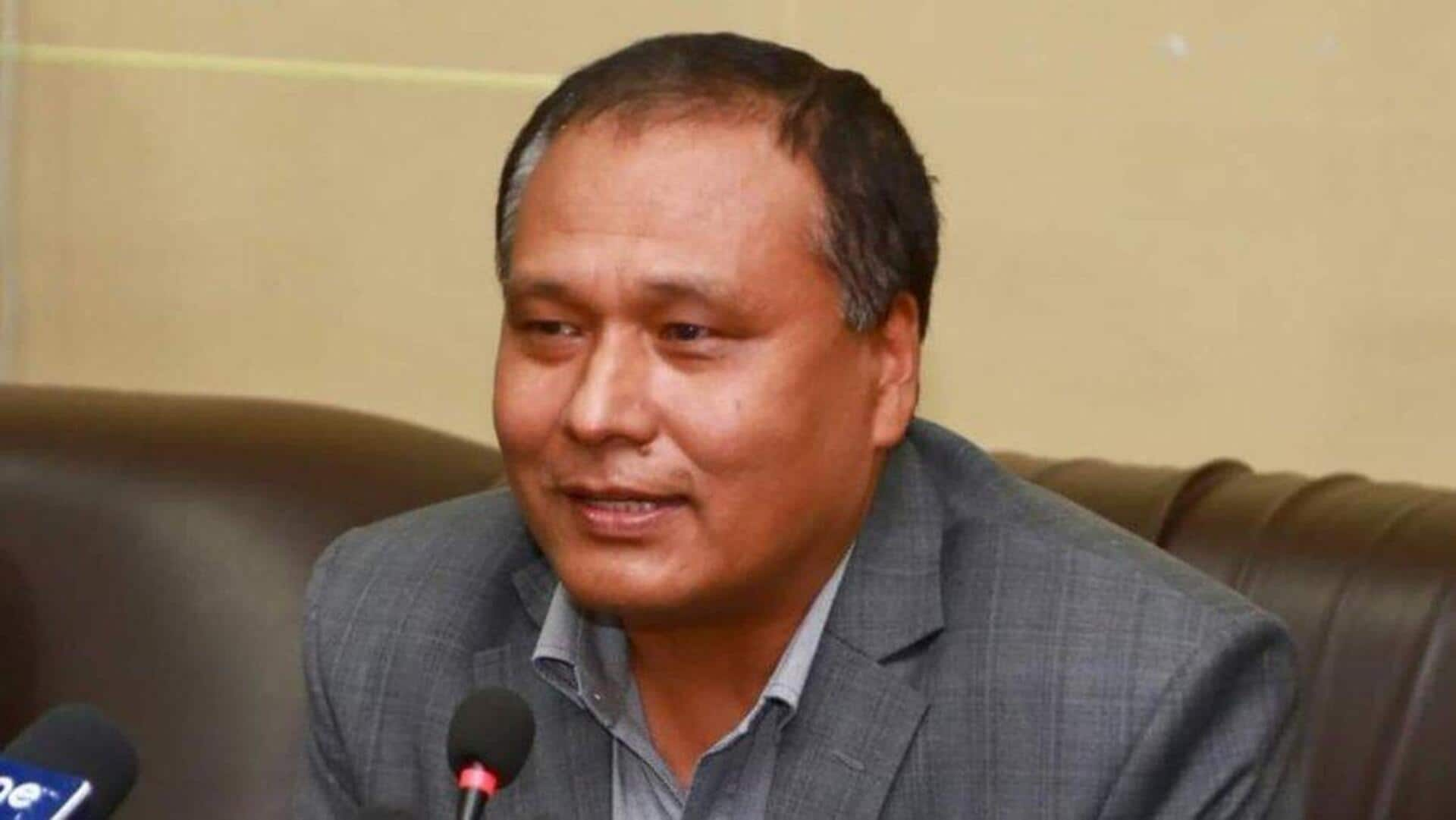
Engineer now emerges as top candidate for Nepal PM post
What's the story
Nepal is on the brink of a leadership change as violent anti-corruption protests have rocked the nation. Former Prime Minister KP Sharma Oli resigned amid the unrest, which has left 31 dead and over 1,300 injured. The protests were initially sparked by a ban on popular social media platforms but quickly escalated into demands for a corruption-free government and economic development.
Leadership transition
Gen Z protest group considers Ghising for interim PM post
After Oli's resignation, the 'Gen Z protest' group is considering engineer Kul Man Ghising, who resolved the country's long-standing load-shedding crisis, as a possible leader for an interim government. The group had also considered Kathmandu Mayor Balendra 'Balen' Shah and former Nepal Supreme Court Chief Justice Sushila Karki. However, Shah reportedly declined the offer to head an interim administration, while concerns over age and constitutional restrictions on former judges becoming prime ministers were the reasons for Karki being sidelined.
Statement
What Gen Z protesters said
"Since Bolendra Sah has not shown interest, Hark Sampang (mayor of Dharan Municipality) has little chance of leading everyone, and Sushila Karki is incompetent and over 70 years of age, it has been decided to send Engineer Kulman Ghising, a patriotic person who is loved by everyone, to lead the interim government," a statement by Gen Z protesters said. They also said that they are not trying to change the constitution but make necessary changes to it.
Emergency declaration
Army may declare state of emergency
Per reports, the Army could declare a state of emergency 48 hours before the new interim leader is sworn-in by President Ram Chandra Paudel. The structure of this interim government remains unclear, as Nepal's 2015 constitution mandates appointing a new PM from the majority party. The president picks a new leader if there isn't one, or any MP can step forward to face a confidence vote. If they fail the confidence vote, the house is dissolved and an election held.
Army intervention
Army takes control of situation
For the time being, the army has taken control of the 30-million-strong country. On Wednesday, in a televised address to the nation, General Ashok Raj Sigdel appealed to the protesting group to halt protest programs and come forward for dialogue for a peaceful way out for the nation. "We need to normalize the present difficult situation and protect our historical and national heritage and public as well as private property," the chief of army staff said.